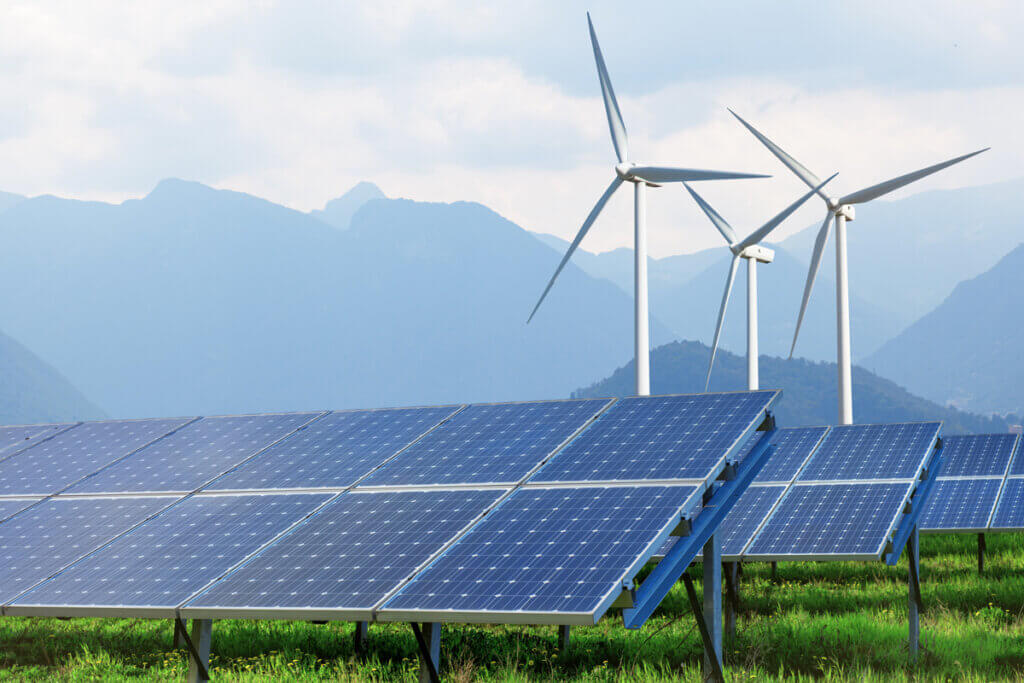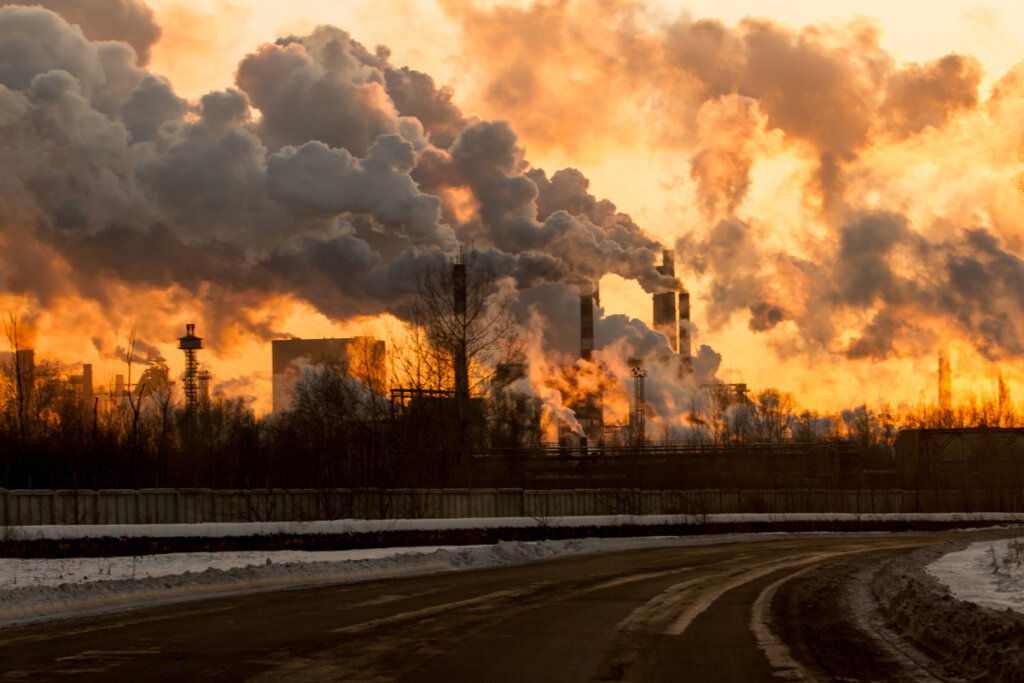Transitioning from Fossil Fuels to Renewable Energy
A key challenge in the process of adapting to the impacts of climate change is switching from a fossil fuel economy to a system based on renewable energy

The world as we know it is facing an existential threat because of climate change and the impact it will have on almost every aspect of life. Economists in the UK have estimated that the long-term impact of climate change on the global economy may be a 20 percent reduction in the world’s gross domestic product.
The oncoming peak in fossil fuel consumption around the world is a crucial factor, and taking measures to address this peak is a key part of the adaptation process.
In the book The End of Fossil Energy, author John Howe argues that the present era of fossil fuel consumption cannot last for long. While the reserves of oil and gas may be large, and the discovery of new deposits may extend the time our economy can continue running as usual, the extractable fossil fuel resources of the planet are finite and those reserves will eventually come to an end.
A recent report from The Guardian estimates that the world could hit its peak in fossil fuel peak consumption as early as 2023, while other reports place this date in around the mid-2030s.
The change of energy supply sources, however, may come much earlier than the time the non-renewable resources run out and will be mostly linked to the point when the cost of extraction, processing, and distribution of fossil fuels outweigh the cost that consumers are ultimately willing to pay for the benefits they receive.
The rising cost of fossil fuels, in comparison with renewable energy sources, may be the main determinant in the decisions that people, organizations, and governments will make regarding energy sources. By the time economics drive this change, however, it will be too late, Howe argues.
To demonstrate that transitioning to renewable energy is technologically achievable, and raise awareness about the need to change our energy supply sources, Howe built solar-powered proof-of-concept vehicles, such as a car, a golf cart, and a tractor, which is shown in the following video.
Howe’s point becomes even more relevant today when we consider that the prices of solar panels have dropped substantially since the time he hooked up his tractor. Another example regarding the use of battery-powered electric tractors can be found in this video.
In addition to solar, wind, and hydropower, there is also significant potential in other sources of renewable energy, including geothermal, tidal energy, hydrogen, and biomass.
One of the major problems facing the world is the ability of engineers, designers, and manufacturers to get up to speed on renewable energy solutions in an economically competitive way.
Other challenges have emerged as well, such as the ability to effectively connect renewable energy sources to the power grid – thus allowing large-scale producers to sell what they have produced within the market place, and for individual households to get credit for any surpluses made from their at-home equipment – and the willingness of governments to issue policies promoting the adoption of renewable energy.

While renewable energy is already forming the backbone of many European economies, including Denmark, Germany, and Scotland, many of the largest global economies, such the US and China, have yet to fully embrace the shift to renewable energy production and transmission. In terms of early adoptions, the Scottish Government is investing in electricity produced from wind to create 60 percent of its energy and to meet the demand for 44 percent of its consumption.
In northern Germany, the states of Schleswig-Holstein and Mecklenburg-Vorpommern are covering 100 percent of their electricity needs from renewable sources, mostly from wind. Lower-middle income countries like Honduras and El Salvador have been also making substantial investments in geothermal energy generation.
Mainstreaming renewable energy will not be a simple process, particularly given the existence of actors interested in perpetuating the current system, but by taking consistent action, global leaders can limit the adverse impacts of failing to act on fossil fuels. The chances of success are increased when action is taken quickly, building on the success stories already seen in some parts of the world.


